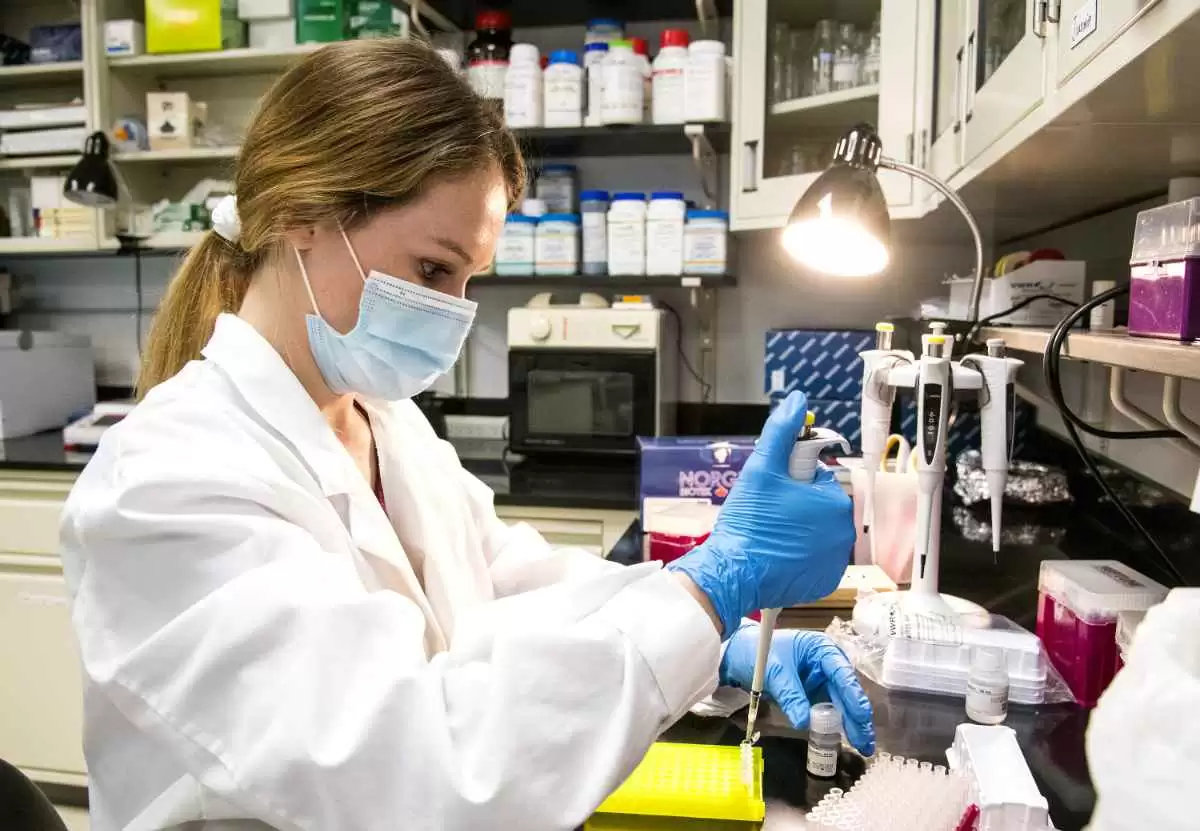
Celiac.com 01/23/2025 - This study explored how a gluten-free diet influences gut function and microbiome composition in individuals newly diagnosed with celiac disease over a one-year period. Celiac disease, an autoimmune disorder triggered by gluten, primarily damages the small intestine, leading to digestive issues, nutrient malabsorption, and changes in gut health. The primary treatment for celiac disease is a strict gluten-free diet, but its broader effects on the gut environment and microbiome were not fully understood until now. To investigate these impacts, researchers compared individuals with newly diagnosed celiac disease to healthy volunteers who did not follow a gluten-free diet.
How the Study Was Conducted
The study involved two groups: 36 newly diagnosed celiac disease patients and 36 healthy individuals matched by age and gender. Before starting their gluten-free diet, the celiac group underwent tests to assess their gut function, such as small bowel water content, colon volume, and whole gut transit time (the time it takes for food to move through the digestive tract). Stool samples were collected for microbiome analysis, which determined the types of bacteria present and their functions. These tests were repeated after one year of following a gluten-free diet.
Celiac.com Sponsor (A12):
Healthy participants provided a baseline for comparison and were tested over the same period without dietary changes. Researchers also evaluated gastrointestinal symptoms, general wellbeing, and psychological factors to understand the diet's broader impacts on quality of life.
Key Findings: Gut Function Changes
Small Bowel Water Content
At the start of the study, individuals with celiac disease had significantly higher small bowel water content than the healthy group. This increase likely reflects damage caused by celiac disease, such as poor nutrient absorption and excessive fluid secretion in the small intestine. Although there was improvement after one year on a gluten-free diet, the levels did not fully return to those seen in the healthy group.
Gut Transit Time
Whole gut transit time, which measures how quickly food moves through the digestive system, was much slower in celiac patients at the start of the study. After following a gluten-free diet for a year, there was some improvement, but transit time remained slower compared to the healthy group. This delay in gut movement may be due to inflammation, malabsorption, and other gut function disruptions caused by celiac disease.
Colon Volume
Unlike small bowel water content and transit time, colon volume did not show significant differences between the two groups at the start of the study or after one year. This indicates that the gluten-free diet had a more noticeable effect on small intestinal function than on the large intestine.
Gut Microbiome: Changes in Bacterial Composition
Differences in Microbiome Before the Gluten-Free Diet
At the start of the study, the gut microbiome of celiac patients showed higher levels of certain bacteria, such as Escherichia coli, Enterobacter, and Peptostreptococcus. These bacteria are associated with increased protein breakdown, which may reflect the malabsorption of nutrients in the damaged intestine. In contrast, beneficial bacteria like Bifidobacteria, known for supporting gut health, were less abundant in celiac patients.
Impact of a Gluten-Free Diet on Microbiome
After one year of following a gluten-free diet, significant changes occurred in the gut microbiome. The gluten-free diet reduced the levels of Bifidobacteria even further. This decline is likely due to the removal of dietary fibers, such as resistant starch and arabinoxylan, which are found in gluten-containing foods like wheat. These fibers are important for feeding Bifidobacteria and maintaining a healthy gut environment.
Additionally, a bacterium called Blautia wexlerae increased after the gluten-free diet. Changes in gut bacterial species were also linked to gut function, such as transit time and colonic volume, showing that the diet indirectly influenced the microbiome by altering the gut environment.
Carbohydrate Metabolism Changes
The gluten-free diet significantly altered the gut microbiome's ability to break down certain carbohydrates. Enzymes responsible for digesting resistant starch and arabinoxylan decreased after the gluten-free diet. This shift reflects the reduced intake of wheat-based fibers, which may contribute to further disruptions in the gut microbiome.
Quality of Life and Symptoms
At the start of the study, patients with celiac disease reported significantly worse gastrointestinal symptoms and overall wellbeing compared to the healthy group. Symptoms such as abdominal pain, bloating, and nausea were more common in the celiac group. After one year on a gluten-free diet, patients experienced significant improvements in their symptoms and general wellbeing. However, their quality of life and symptoms did not fully return to the levels reported by healthy individuals.
Why This Study Matters for Celiac Disease Patients
This study highlights the complex relationship between celiac disease, gut function, and the gut microbiome. While a gluten-free diet remains the cornerstone of celiac disease management, the findings suggest that it does not fully reverse the damage caused to gut function or restore a balanced microbiome. The reduction in beneficial bacteria like Bifidobacteria and the altered carbohydrate metabolism highlight potential downsides of the gluten-free diet.
For individuals with celiac disease, this research provides insight into why symptoms may persist even after strict adherence to a gluten-free diet. It also emphasizes the need for further strategies to support gut health, such as including prebiotic or fiber-rich foods that feed beneficial bacteria or developing targeted probiotics to restore balance in the gut microbiome.
Conclusion
The gluten-free diet improves symptoms and partially restores gut function in celiac disease patients, but it also causes significant changes to the gut microbiome. Understanding these effects opens the door for new treatments aimed at improving gut health alongside dietary management. For those with celiac disease, this research underscores the importance of ongoing care and potential future therapies to address the gut's long-term health.
Read more at: biorxiv.org










Recommended Comments
Create an account or sign in to comment
You need to be a member in order to leave a comment
Create an account
Sign up for a new account in our community. It's easy!
Register a new accountSign in
Already have an account? Sign in here.
Sign In Now